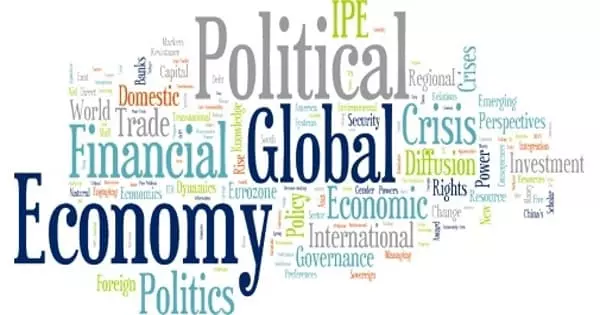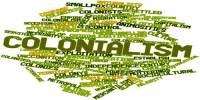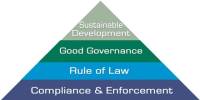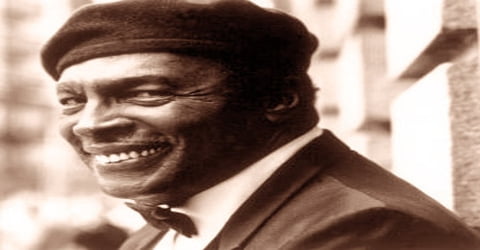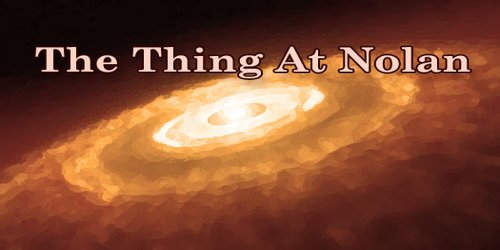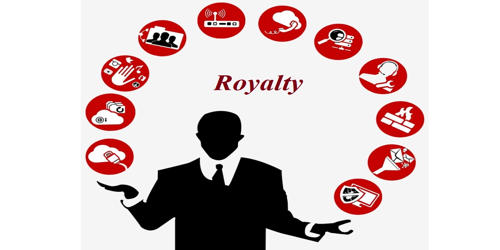Political economy is an interdisciplinary branch of the social sciences that studies the interdependence of individuals, governments, and public policy. It is the study of production and trade, as well as their interactions with law, custom, and government, as well as the distribution of national income and wealth. It is a social science that investigates production and trade, as well as their interactions with the law and the government.
Political economists investigate how economic theories such as capitalism, socialism, and communism operate in practice. At its core, any economic theory is a methodology for directing the distribution of a finite amount of resources in a way that benefits the greatest number of people. It is the study of how economic theories affect various socio-economic systems such as socialism and communism, as well as the development and implementation of public policy.
In a broader sense, political economy was once the common term for what is now known as economics. The term was used to describe Adam Smith’s, John Stuart Mill’s, and Jean-Jacques Rousseau’s theories. With the development of more rigorous statistical methods for analyzing economic factors in the early twentieth century, the shorter-term economy was substituted. Political economy is still a widely used term to describe any government policy that has an economic impact.
Political economy as a discipline arose in the 18th century from moral philosophy to investigate the administration of states’ wealth, with “political” denoting the Greek word polity and “economy” denoting the English word economy. Although the work of French physiocrats such as François Quesnay (1694–1774) and Anne-Robert-Jacques Turgot (1727–1781) preceded the work of British scholars Adam Smith, Thomas Malthus, and David Ricardo, the earliest works of political economy are usually attributed to the British scholars Adam Smith, Thomas Malthus, and David Ricardo. There is also a nearly as long tradition of political economy critique.
Political economy as we know it today has its origins in the 18th century. Scholars of the time studied how wealth was distributed and distributed among people. Adam Smith’s and John Stuart Mill’s works were among the first to investigate this phenomenon. With the rise of mathematical modeling and the publication of an influential textbook by Alfred Marshall in 1890, the term “economics” gradually began to replace the term “political economy” in the late nineteenth century. Previously, William Stanley Jevons, a proponent of mathematical methods applied to the subject, advocated economics for brevity and the hope that the term would become “the recognized name of a science.”
In recent years, political economy has emerged as a distinct academic discipline. Many major universities offer the course as part of their departments of political science, economics, and/or sociology. Political economists conduct research to determine how public policy affects behavior, productivity, and trade. Much of their research assists them in determining how money and power are distributed among individuals and groups. They could do so by studying specific fields such as law, bureaucratic politics, legislative behavior, the intersection of government and business, and regulation.
